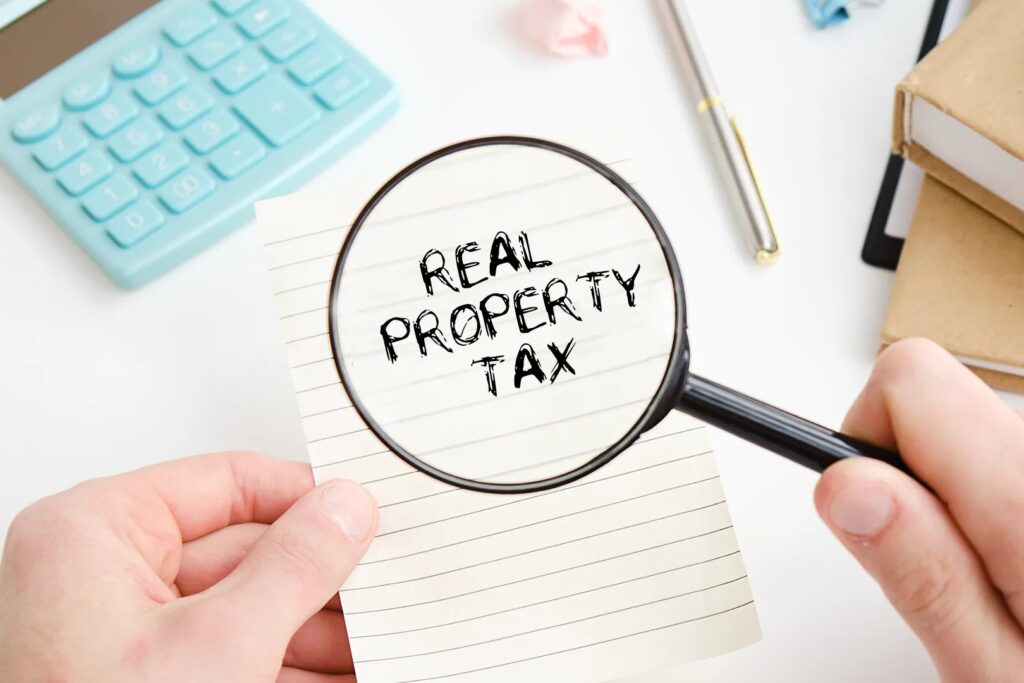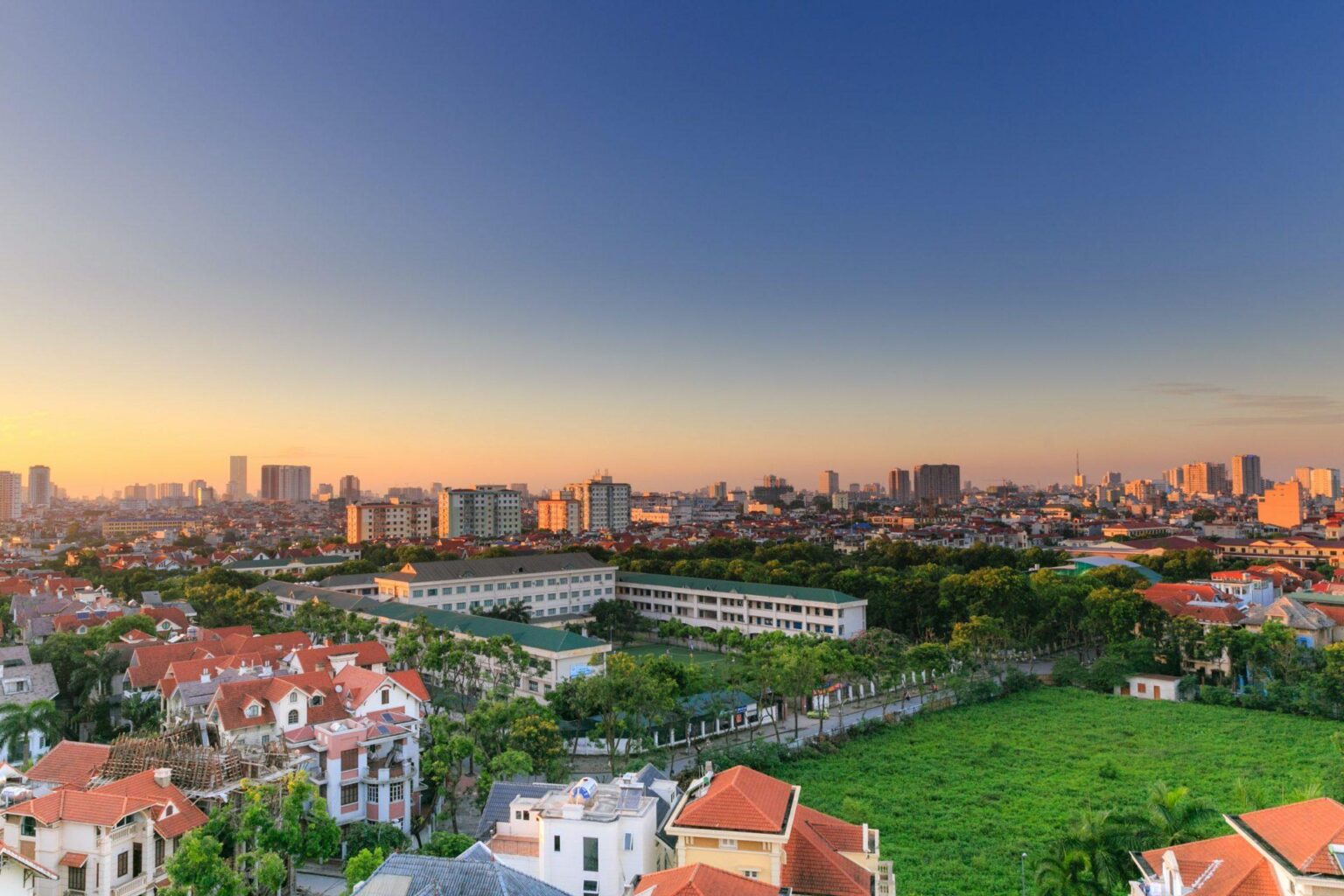Understanding Real Property Taxation (RPT)

A real estate tax is a direct tax on the ownership of lands and building or other improvements thereon, not especially exempted, and is payable regardless of whether the property is used or not, although the value may vary in accordance with such factor. It is a fixed proportion of the assessed value of the property taxed, and requires, therefore, the intervention of assessors. It is
Reconstitution: Restoring Lost or Destroyed Land Titles

Owning a piece of land is a dream for many individuals and families in the Philippines. It represents security, stability, and a tangible asset that can be passed down to future generations. However, the unfortunate reality is that land title documents can sometimes be lost or damaged due to unforeseen circumstances, leaving landowners in a state of uncertainty. This is where the
Titling Unregistered Lands

The Philippines is a country blessed with diverse and abundant natural resources, including land. Properly securing land ownership is essential for individuals, families, and businesses alike. Land titling is the legal process by which ownership of a piece of land is established and officially recognized by the government. What are the benefits of a titled land? Land title provides legal proof of ownership, ensuring that the landowner’s
Protecting Property Rights: Part II

In the realm of Philippine law, the concepts of accion publiciana and accion reivindicatoria play a vital role in resolving disputes over real property. Both legal actions are civil in nature, but they are distinct from each other in terms of their purpose, nature, and the relief sought by the parties involved. Let’s delve into each of these actions to gain a better understanding of their significance
Protecting Property Rights: Part I

In the Philippines, one of the common disputes involving real estate properties is the issue of unlawful possession or occupation by individuals who are not entitled to occupy the land. This situation often leads to the filing of an ejectment case, which is a legal remedy to recover possession of the property. In this blog, we will delve into the key aspects of ejectment cases in the Philippines, their
Adulting 101: Buy or Rent?

Moving out is not customary for Filipino families. Unlike in western countries wherein upon reaching the legal age, you are required to move out and live independently – doing part-time jobs while studying. Independence means that you will have to find a way to live by self-supporting. From the past 10 years, this tradition is breaking little due to the fact that a lot of Filipinos consider getting their own apartment or space. But is it
